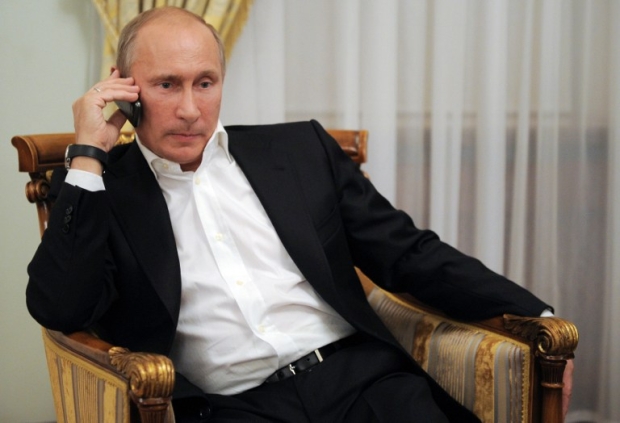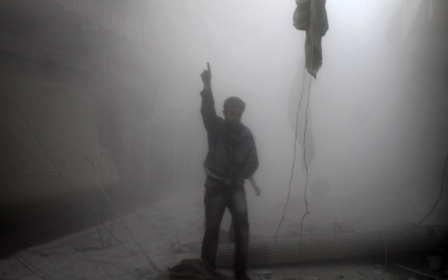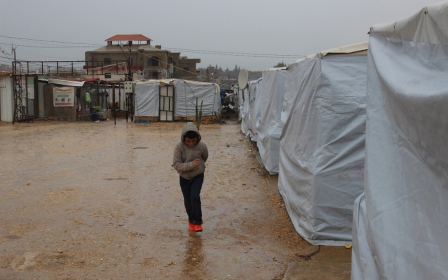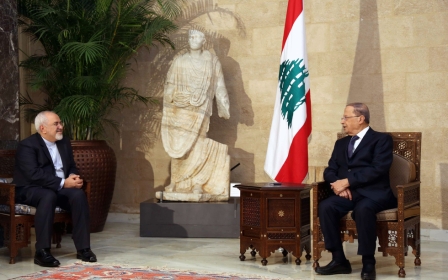Putin congratulates Assad as Hezbollah says Aleppo fall means rebels have 'failed'
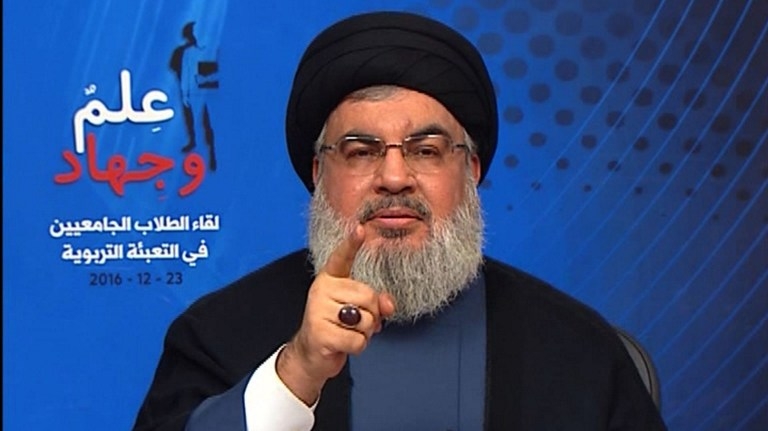
The Syrian army's recapture of Aleppo has put an end to hopes that President Bashar al-Assad's regime could be ousted, the head of Lebanon's powerful Shia movement Hezbollah said Friday.
"After Aleppo, one can comfortably say that the goal of regime downfall has failed," Hassan Nasrallah, whose party has fought alongside Assad's forces since 2013, said in a televised address.
"Because the regime has Damascus and Aleppo - the two biggest cities in Syria - and Homs, Hama, Latakia, Tartus, Sweida... this regime is present, strong, effective and no one in the world can ignore it," Nasrallah said.
Russian President Vladimir Putin also called Assad on Friday to congratulate him on completing the "liberation" of Aleppo, the Kremlin said.
Putin told Assad that the focus now should be on trying to get an agreement to resolve the Syria crisis.
More than 310,000 people have been killed and millions forced to flee their homes since the conflict broke out in March 2011 with protests calling for Assad's ouster.
READ: Leading figures in Iran, Lebanon warn of Aleppo fallout
Syria's army on Thursday declared its full control over the second city of Aleppo, where Hezbollah fighters played a key role in the government's advance.
The Kremlin calls
"Russian President Vladimir Putin phoned the Syrian President Bashar al-Assad and congratulated him with the end of the operation of liberation of Aleppo from fighters," the Kremlin said in a statement.
"This success was possible thanks to mutual efforts of all who came together in the fight with international terrorism in Syria," it said.
Putin last called Assad in March, according to the Kremlin.
The statement added that Putin "underlined that the main task remains to focus efforts on issues pertaining to the... resolution of the Syrian crisis".
The Kremlin strongman said at his annual press conference on Friday that Russia wanted ceasefire talks to take place in Kazakhstan's capital Astana, as the location had already been approved by Assad as well as the leaders of the other power brokers in the Syrian conflict - Iran and Turkey.
The new 'War on Terror'
"What happened in Aleppo over these past long months... was a real war, one of the toughest battles that Syria has seen, and one of the toughest battles that the region has seen in years," Nasrallah said in his speech.
He described the Syrian government's win there as "a big victory for the side confronting terrorism".
Hezbollah is categorised as a terrorist organisation by the Arab League, Gulf Cooperation Council, US, Canada, Australia, France, the Netherlands and Israel; while its military wing – in isolation from the political party – is considered a terrorist organisation by the UK, EU and New Zealand.
But Sheikh Subhi al-Tufayli, Hezbollah’s first secretary-general between the group’s founding in 1989 to 1991, disagreed vehemently.
In a fiery sermon he gave last Friday, he said: “These people [pro-Assad forces] claim they are fighting terrorist organisations. You [pro-Assad forces] are its mother and father. You raised them [Islamic State group] and continue yet. You ARE the terrorists. You are the killers, in secret and in public. And let me tell you: If you seize Aleppo – and a hundred Aleppos – you will be defeated.”
Tufayli has previously criticised both Iranian and Hezbollah involvement in the Syrian civil war.
In addition to help from Hezbollah, the Damascus regime has been bolstered by its allies Iran and Russia, while rebels have been backed by Turkey, Qatar, Saudi Arabia and some western powers.
The deep international divisions over the Syrian crisis have hindered efforts to secure a diplomatic solution to the bloodshed.
But Nasrallah said that developments in Aleppo "could open new prospects for political solutions" to Syria's war.
Middle East Eye propose une couverture et une analyse indépendantes et incomparables du Moyen-Orient, de l’Afrique du Nord et d’autres régions du monde. Pour en savoir plus sur la reprise de ce contenu et les frais qui s’appliquent, veuillez remplir ce formulaire [en anglais]. Pour en savoir plus sur MEE, cliquez ici [en anglais].


